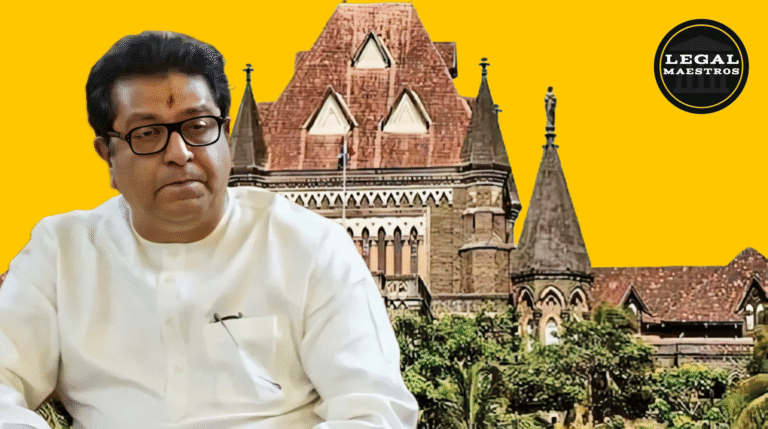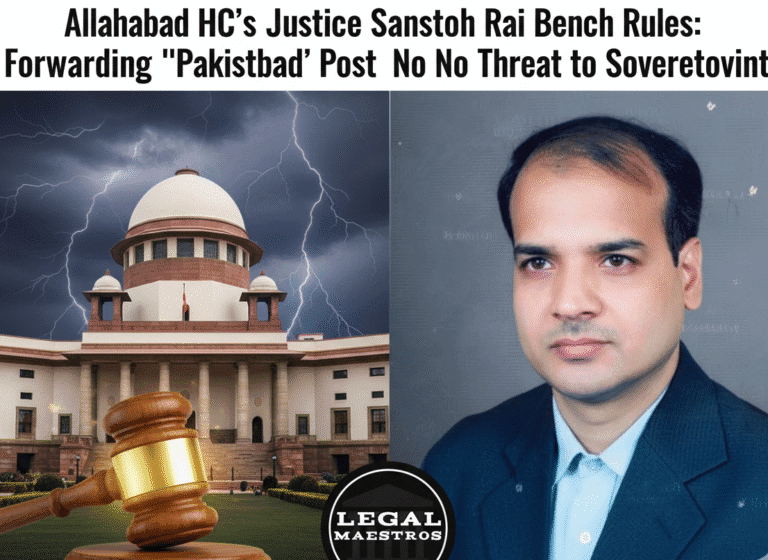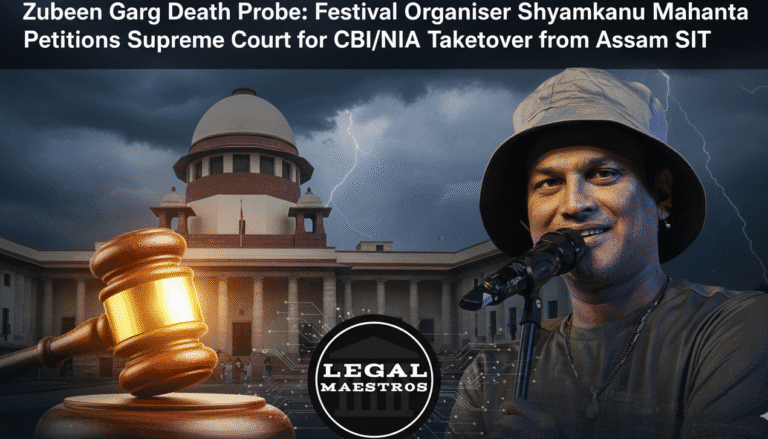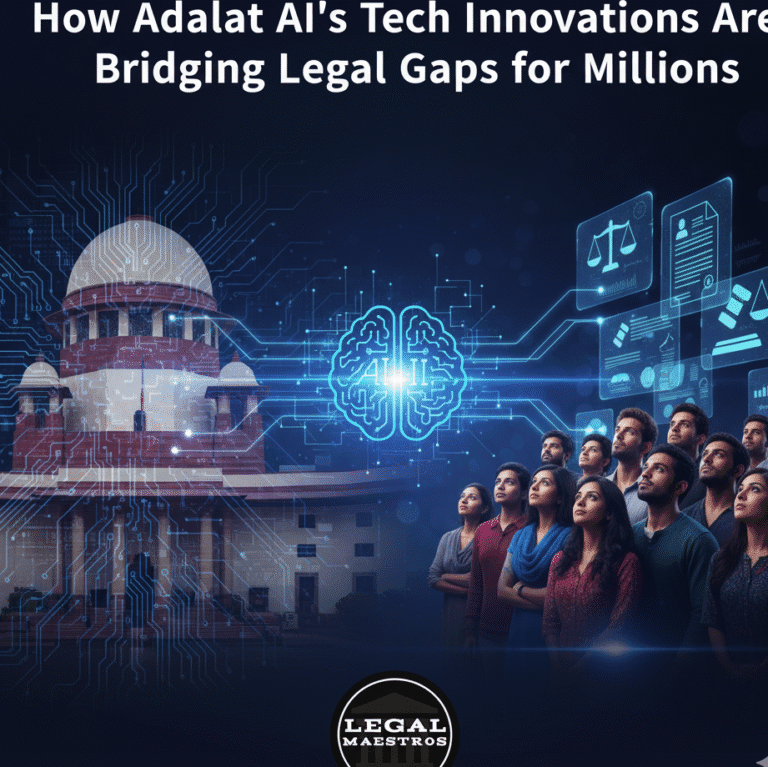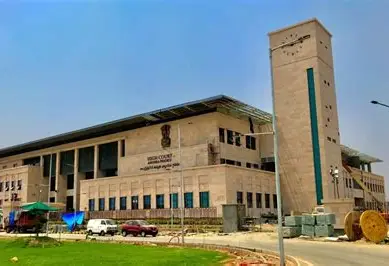
Factual Background of the Case
In the case of Murli Jai Ganesh v. State of Andhra Pradesh (Crl.A.No.423 of 2024), the Andhra Pradesh High Court dealt with a very unusual intersection of criminal conviction and the right to education. Petitioner Murli Jai Ganesh, who happens to be the Accused No. 2 in a Sessions Case of 2019, was convicted by the X Additional District and Sessions Judge, Tirupati, under Section 302 of the Indian Penal Code. The judgment on 06.05.2024 convicted him to life imprisonment for murder. Following the judgment, he was produced before the court and taken into immediate custody and was admitted at Central Prison, Kadapa.
But what is significant here is that the petitioner, who was arrested and lodged in prison, was a fifth-year student of Anantha College of Law, Tirupati, pursuing the course of B.Com LL.B for five years. He was required to write his X Semester exam in June 2024 and failed to do so for the reason of being imprisoned. The examinations were thereafter rescheduled to be held between 23rd June 2025 and 2nd July 2025, with viva voce between 27th June and 5th July 2025. The appellant had already cleared all the previous semesters and had no arrears except for the pending X Semester, as per the pleadings filed by the petitioner’s counsel.
Arguments Presented
The main argument of the petitioner’s advocate in favor of the interim application for bail under Section 430(1) of the Bharatiya Nagarik Suraksha Sanhita, 2023, was that depriving the petitioner of the chance to attend his last semester would result in irreparable academic damage. He pointed out that academic advancement is a right, and even convicted persons are entitled to receive education unless specially barred by statute.
For any queries or to publish an article or post or advertisement on our platform, do call at +91 6377460764 or email us at contact@legalmaestros.com.
The counsel for the petitioner also emphasized the special situation that the exams were on the horizon and that the petitioner had continued with the remainder of his coursework without issue. Since there were no other outstanding cases or backlogs, the petition was presented as a step needed “to meet the ends of justice.”
Interestingly enough, although the Additional Public Prosecutor went against the bail plea at first, the State later did not protest against the extension of interim bail for a specified period.
High Court Observations
The Bench of Hon’ble Justice K. Suresh Reddy and Hon’ble Justice V. Sujatha thoroughly considered the arguments and material available on record. It was recognized that the petitioner had been convicted of a serious offense under Section 302 IPC and was now serving life imprisonment. However, the Court balanced the seriousness of the offense with the aspect of rehabilitation of criminal jurisprudence.
For any queries or to publish an article or post or advertisement on our platform, do call at +91 6377460764 or email us at contact@legalmaestros.com.
The Court reiterated the historic policy that access to education can be a rehabilitative and reformative strategy for convicts. Relying on the petitioner’s immaculate academic career and the lack of any earlier default in bail or disciplinary problems while in custody, the Court permitted conditional interim release.
Decision and Conditions for Interim Bail
In areasoned and sympathetic order dated 19.06.2025, the Andhra Pradesh High Court gave interim bail to Murli Jai Ganesh for a duration of 17 days—from 21.06.2025 to 07.07.2025, both inclusive—to enable him to take his X Semester exam and viva voce.
The bail was granted on the following conditions:
For any queries or to publish an article or post or advertisement on our platform, do call at +91 6377460764 or email us at contact@legalmaestros.com.
1. The petitioner was required to produce a personal bond for ₹10,000 with one surety of the same amount to the satisfaction of the Superintendent, Central Prison, Kadapa.
2. He was directed to report himself before the Superintendent of the said prison by 5:00 PM on 07.07.2025 without fail.
The Court emphasized that this release was not to be seen in terms of leniency for the offense committed but as an exception made only in consideration of educational needs and so that rehabilitation via legal mechanisms is not hindered.
For any queries or to publish an article or post or advertisement on our platform, do call at +91 6377460764 or email us at contact@legalmaestros.com.
Interestingly, Section 430(1) of the Bharatiya Nagarik Suraksha Sanhita, 2023 allows the appellate court to suspend a sentence and order bail pending an appeal under which this application was made The Court has utilized this provision in a forward-looking manner to fulfill the requirement that prisoners, even those convicted of serious crimes, are not stripped of all civil and human rights, including the right to education.
The case also provides a procedural precedent for how courts can process applications for interim bail based on academic or rehabilitative needs, particularly from student-convicts. Although the murder conviction stands and is pending appeal in the main appeal, the willingness of the High Court to enable lawful completion of academics is an express indication of the need to balance penal punishments with reintegration into society.
Conclusion
The ruling in Murli Jai Ganesh v. State of Andhra Pradesh is a timely reminder that there is no justice in an iisolatedpunishment. IThe ruling recognizes the importance of giving those who have made mistakes an opportunity to make amends.With the order for interim bail for examination, the Andhra Pradesh High Court has demonstrated how the criminal justice system can at once be robust and compassionate.
The ruling finds resonance with the constitutional spirit of dignity, equality, and restorative justice to ensure that academic ambitions need not be lost even in the face of a life sentence. While this case cis still under appeal, it will serve as a reference point for similar petitions in which criminals requesttemporary freedom to pursue legal and productive objectives.
For any queries or to publish an article or post or advertisement on our platform, do call at +91 6377460764 or email us at contact@legalmaestros.com.
Sources
- Murli Jai Ganesh v. State of Andhra Pradesh, Crl.A.No.423 of 2024, Order dated 19.06.2025, Andhra Pradesh High Court.
- Bharatiya Nagarik Suraksha Sanhita, 2023 – Section 430(1).
- https://www.livelaw.in/high-court/andhra-pradesh-high-court/andhra-pradesh-high-court-17day-interim-bail-murder-convict-llb-semester-exam-296182



